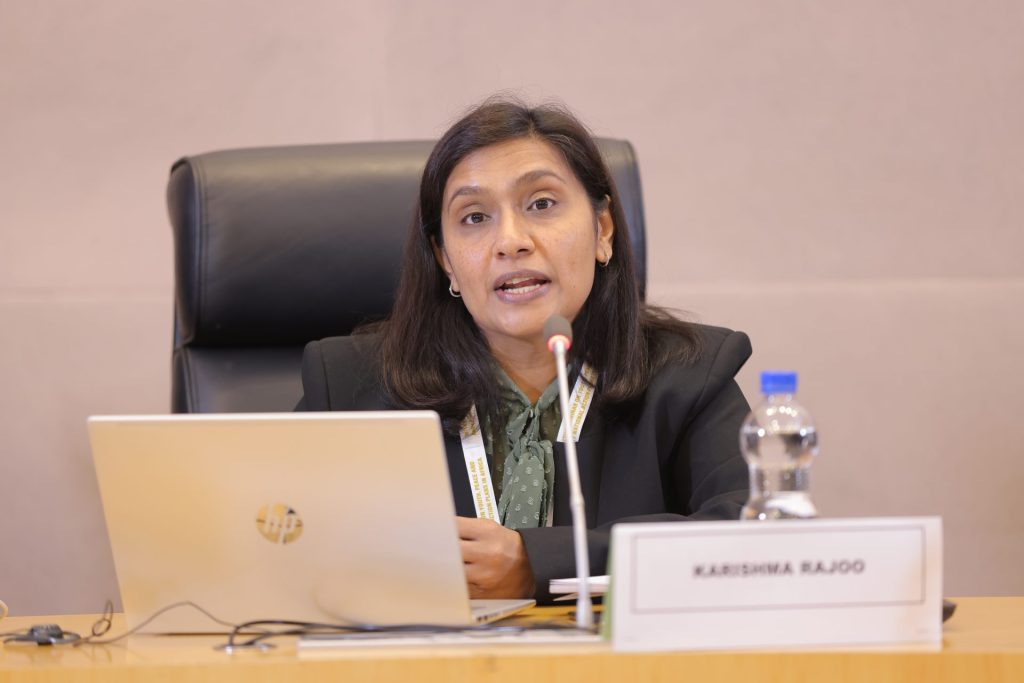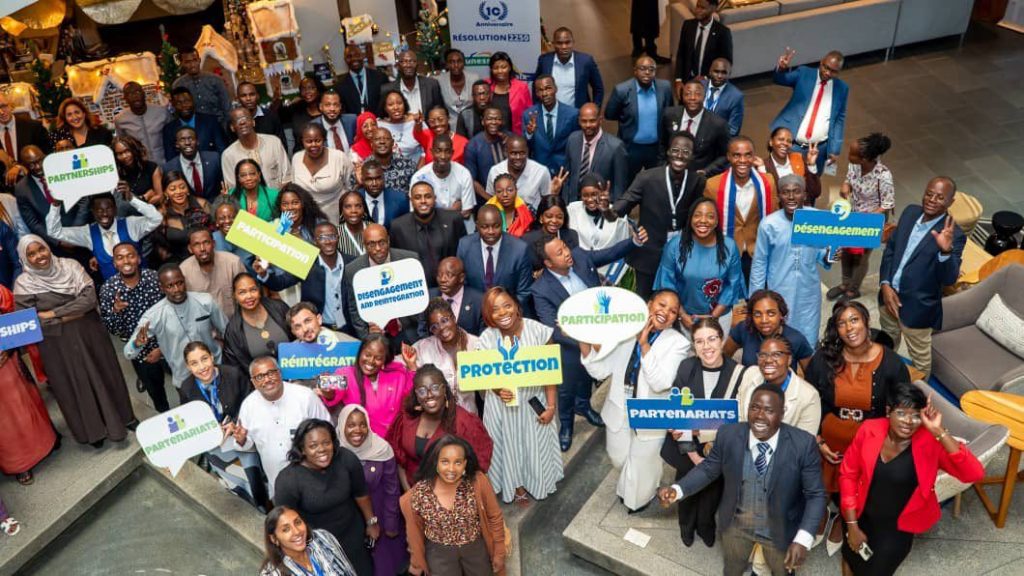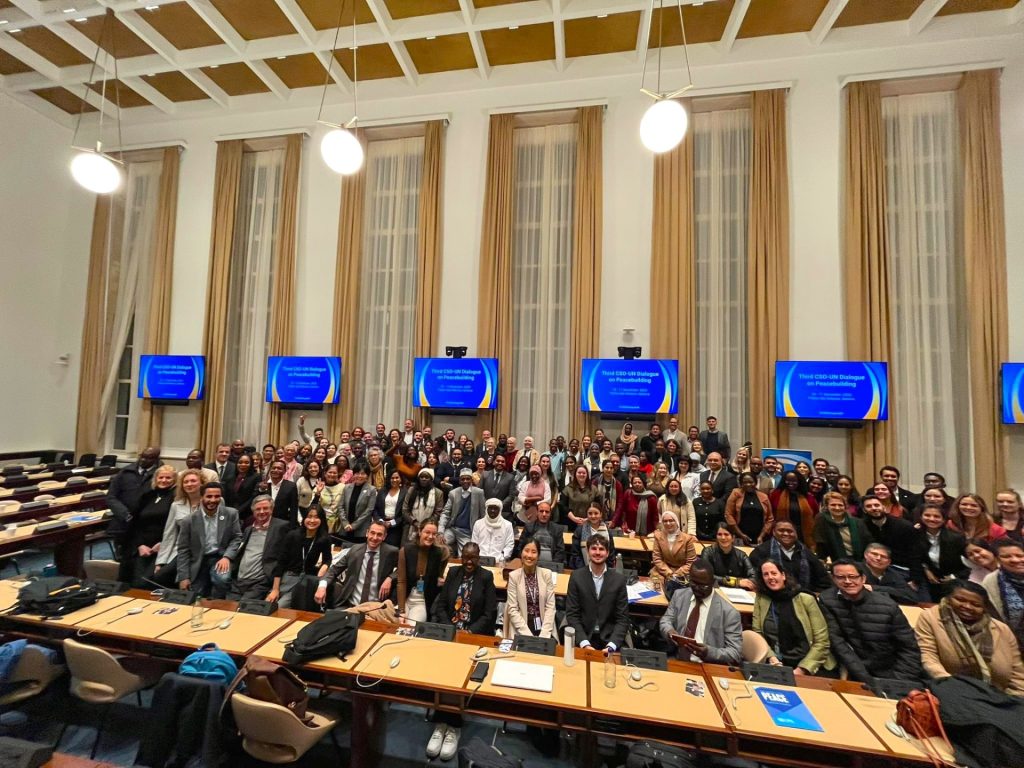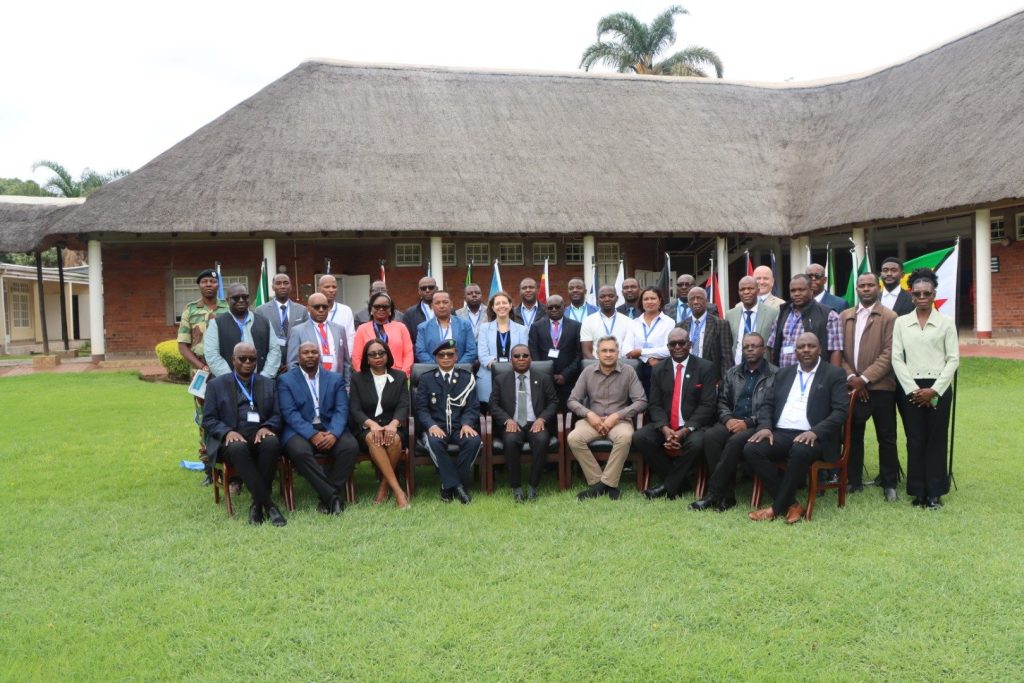The Training for Peace Programme at ACCORD (TfP/ACCORD) has participated in a workshop on “Understanding and Integrating Local Perceptions in the Work of Multidimensional United Nations (UN) Peacekeeping Operations”. Organised by the UN Department of Peacekeeping Operations (UN DPKO), the workshop provided a forum for improved understanding amongst practitioners and academicians of the importance of capturing, analysing and integrating local perceptions into peacekeeping operations, with a special emphasis on the need for increased inclusion of local level and non-dominant perspectives such as those from women, youth and other marginalised groups.
The workshop was organised by UN DPKO, in collaboration with the Norwegian Institute of International Affairs (NUPI), from 26-28 February 2013 in Kampala, Uganda. The workshop on “Understanding and Integrating Local Perceptions in the Work of Multidimensional UN Peacekeeping Operations” aimed to improve the understanding of how UN peacekeeping can enhance its capacity to capture, analyse and integrate local perceptions – and stems from the work of the Civil Affairs team in the Policy and Best Practices Service of UN DPKO to improve the knowledge and resources available to peacekeeping missions, and in particular Civil Affairs Officers (CAOs) who are the main interface between the mission and the local population. In attendance were academics and practitioners from International Non-governmental Organisations (INGOs), think tanks, the World Bank, UN DPKO, and the wider UN system with varied experience associated with collecting and integrating local perceptions in peacekeeping and peacebuilding contexts. These included Civil Affairs, Disarmament Demobilisation Reintegration (DDR), Gender and Joint Mission Analysis Cell (JMAC) personnel from the African Union Mission to Somalia (AMISOM), the UN Mission in South Sudan (UNMISS), the UN Organisation Stabilisation Mission in the Democratic Republic Congo (MONUSCO), the UN Mission in Liberia (UNMIL), the United Nations-African Union Mission in Darfur (UNAMID), the United Nations Operations in Cote d’Ivoire (UNOCI) and UN DPKO Headquarters; consultancies such as Afrobarometer, TechChange Inc, and Albany Associates Ltd; academic institutions such as Yale University, Manchester University, University of Gothenburg, and University of Liverpool; and non-governmental organisations such as ACCORD, NUPI, the Institute for Security Studies(ISS), and the Stimson Centre. The Programme was represented by Ms Seun Abiola – Peacekeeping Unit Senior Programme Officer.
The workshop focused on current practice in capturing, analysing and integrating local perceptions into peacekeeping operations, within the UN, INGOs, and others. This follows the increased awareness of the role of local perceptions in a wide range of tasks that peacekeeping missions are mandated to undertake, such as political strategy, benchmarking, protection of civilians (PoC), early warning, and peacebuilding. In particular, the emphasis was placed on the inclusion of non-dominant perspectives when considering local perceptions, such as those from women, youth and other marginalised groups. This goes beyond the tendency to focus more on the perspectives of the mission’s national counterparts, such as government officials and civil society, as the first entry points and main interlocutors for the mission’s work, to focus more on community level engagement. The workshop also reviewed methodological approaches to gathering public perceptions and opinions, and identified ways of maximising impact of such perceptions with the analysis and integration local perceptions into the work of peacekeeping operations.
TfP/ACCORD, along with other representatives, shared experiences from peacekeeping missions, and identified good and innovative practices that can be incorporated in the development of the policy guidance and frameworks which will be used by UN field staff. In particular, TfP/ACCORD contributed its expertise on PoC, peacekeeping/peacebuilding, and the lessons learned through the Programme’s close engagement with Civil Affairs over the years. Although key to the work of other UN field staff, local perceptions is especially salient for the work that CAOs, which also links to PoC, national dialogue and reconciliation, rule of law, and support to the restoration and extension of state authority, including good governance.
The recommendations emanating from the workshop will contribute towards the development of the operational guidance for understanding and integrating local perceptions in the work of UN peacekeeping operations, which will go beyond utilisation by Civil Affairs to other personnel, given the importance of local perceptions in a wide range of tasks that peacekeeping missions are mandated to undertake. The workshop feeds into TfP/ACCORD’s policy development initiatives aimed at developing frameworks for the effective implementation of missions’ mandates, as well as its work translating normative/policy frameworks and operational guidance into practical tools, training courses and other materials which enhance mandate implementation by UN field staff, including CAOs.
The Training for Peace Programme at ACCORD is an initiative funded by the Norwegian Ministry of Foreign Affairs.







